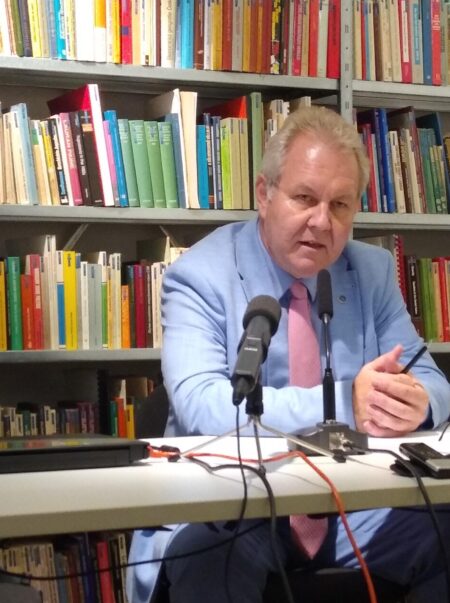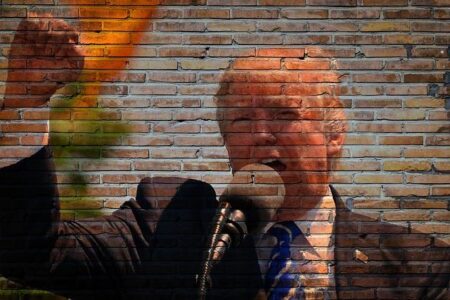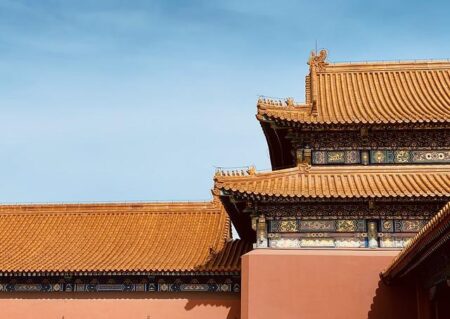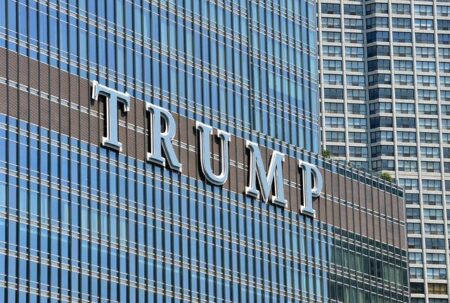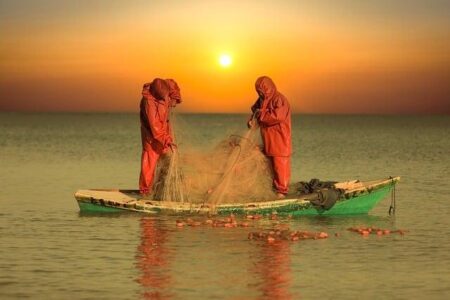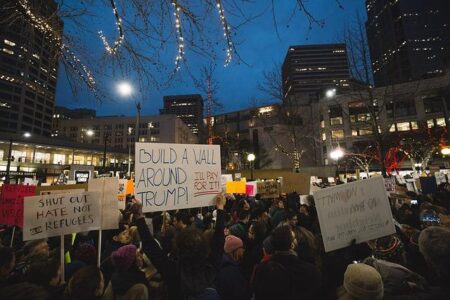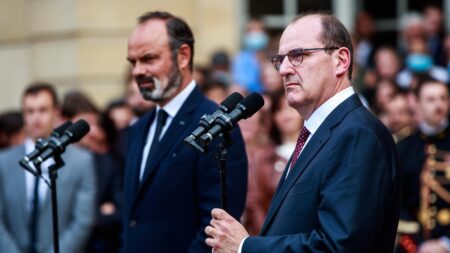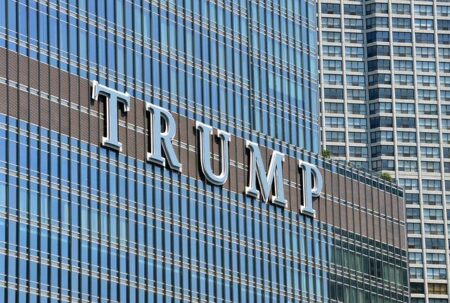Russia has initiated a significant aerial assault on Ukraine just days after the United States halted military aid. This escalation raises concerns over regional stability and highlights the ongoing tensions in Eastern Europe amid geopolitical shifts.
Browsing: Diplomacy
In a recent CNN segment, a Russia expert analyzes the differing strategies of Trump and Zelensky regarding the ongoing war in Ukraine. The discussion delves into their respective objectives and the implications for U.S.-Ukraine relations amidst the conflict.
In a surprising turn of events, former President Donald Trump has announced a proposed plan to “liberate” Germany from what he describes as bureaucratic constraints imposed by the EU. This controversial stance has ignited debates over sovereignty and transatlantic relations.
Emmanuel Macron is navigating a significant diplomatic comeback as he shifts focus from France’s domestic challenges to revitalizing Europe’s defense strategy. His efforts aim to strengthen regional security amid rising global tensions and ongoing geopolitical shifts.
In his latest piece for The Guardian, Paul Daley critiques Australia’s unwavering sycophancy towards Donald Trump, arguing that this blind allegiance threatens the nation‚Äôs diplomatic integrity and moral standing on the global stage.
In a significant diplomatic overture, the Trump administration called on Iran to resume nuclear negotiations. This request signals a potential shift in U.S. foreign policy, as officials seek to address concerns over Iran’s nuclear ambitions amid rising tensions.
Second Lady Usha Vance is set to embark on an official trip to Italy, highlighting diplomatic ties and cultural exchange. The visit aims to strengthen international relations and will include meetings with key officials and discussions on collaborative initiatives.
China has issued a stern warning to the United States against any attempts at containment, particularly in light of the potential for Donald Trump’s second term to reshape diplomatic relations. Tensions rise as both nations navigate a complex geopolitical landscape.
Russian strikes in Ukraine resulted in over 20 fatalities, escalating tensions in the region. This surge in violence prompted Polish Prime Minister Mateusz Morawiecki to caution against any form of appeasement, underscoring the urgency for a unified response.
Brazil’s leadership in climate negotiations is critical, emphasizes the COP30 president, highlighting the importance of multilateralism in tackling global challenges. Collaborative efforts are essential for effective climate action and sustainable development.
In recent comments, former President Donald Trump asserted that Russian President Vladimir Putin would adopt a more “generous” approach in peace negotiations regarding Ukraine, contrasting with what he described as the “difficult” stance of Ukraine‚Äôs leadership.
France, Germany, Italy, and the UK have endorsed an Arab-backed initiative aimed at Gaza’s reconstruction. This collaborative effort seeks to address the humanitarian crisis and promote stability in the region following recent conflicts.
Former President Donald Trump stated that negotiating with Russia is “easier” than with Ukraine concerning peace talks. This remark, reported by Le Monde, underscores ongoing complexities in diplomatic relations as tensions continue to escalate in the region.
Former President Donald Trump has expressed dissatisfaction with the U.S.-Japan security pact, labeling it nonreciprocal. His comments highlight concerns over the perceived imbalance in defense responsibilities, stirring debate on international relations in the region.
France‚Äôs Prime Minister condemned former President Trump‚Äôs harsh criticism of Ukrainian President Zelenskyy, labeling it a “staggering show of brutality.” The comments highlight the stark political divides over support for Ukraine amid ongoing conflict.
In a recent statement, former President Trump threatened renewed sanctions on Russia, calling for immediate peace negotiations following significant military escalations in Ukraine. His remarks highlight an ongoing concern about the conflict’s broader implications on global stability.
France is mobilizing for a ‘wartime economy’ in response to the growing tensions in Ukraine, as U.S. support appears to wane. Paris aims to bolster military production and resources, underscoring its commitment to European security amidst shifting global dynamics.
A close ally of President Putin has asserted that the UK must return funds it has “illegally” transferred to Ukraine. This claim raises significant questions regarding international financial support amidst ongoing geopolitical tensions.
Italy has put forward a proposal to extend NATO’s Article 5 protections to Ukraine, emphasizing collective defense in the face of ongoing aggression. This initiative aims to bolster Ukraine’s security and reinforce NATO’s commitment to regional stability.
In a recent address, Xi Jinping asserted China’s economic strength, emphasizing resilience in the face of global challenges. He reaffirmed the nation’s commitment to its sovereignty, signaling that China will not retreat from its strategic ambitions.


